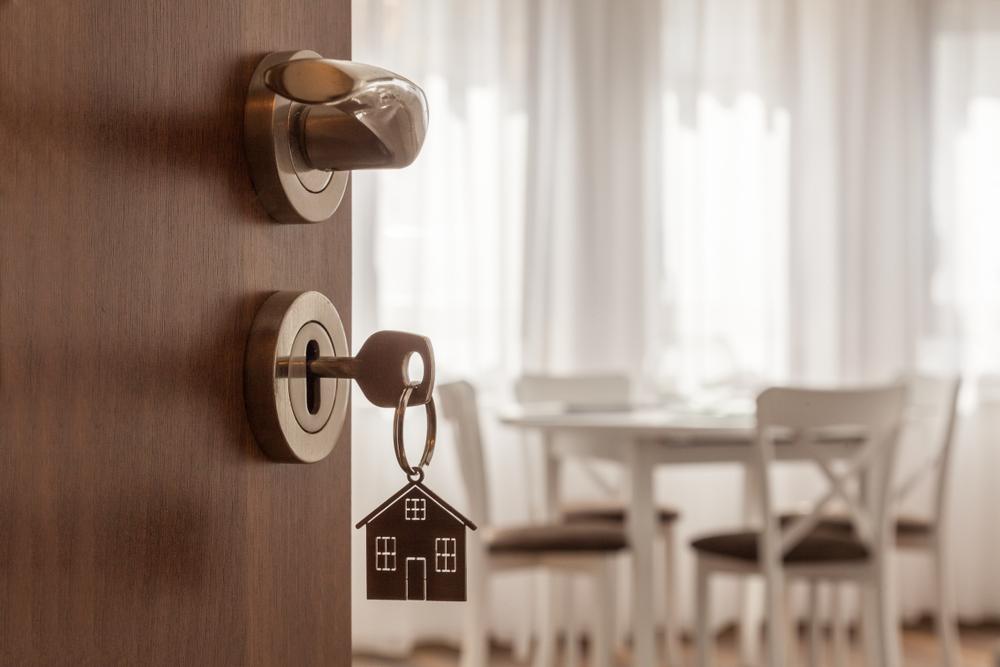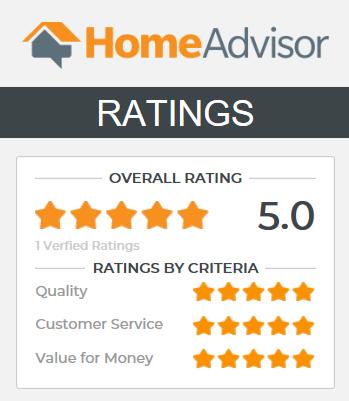Smart-home products aren't just for homeowners—renters and property managers, too, can benefit from the technology, especially when it comes to security.
According to a survey conducted by lock manufacturer Schlage and Wakefield Research of 1,000 U.S. multifamily renters, millennials, especially, are interested in home technology and are willing to pay more for smart upgrades. Specifically, the survey team found that 86% of millennials are willing to pay about one-fifth more for a smart apartment, defined as including automated or remotely controlled devices, such as a smart lock, automated thermostat, or lighting controls.
And Gen Y wants apartments with increased security—61% are likely to rent an apartment specifically because of its electronic-access features, including keyless entry doors, and 55% are likely to pay more for an apartment that has “high-tech” door locks, the survey reveals.
By default, complex locks are not recursive (they cannot be acquired in exclusive-write mode multiple times by a single thread). A complex lock can become recursive through the lock_set_recursive kernel service. A recursive complex lock is not freed until lock_done is called once for each time that the lock was locked.
Complex locks are not spin locks; a kernel thread that attempts to acquire a complex lock may spin briefly (busy-wait: repeatedly execute instructions which do nothing) if the lock is not free.








